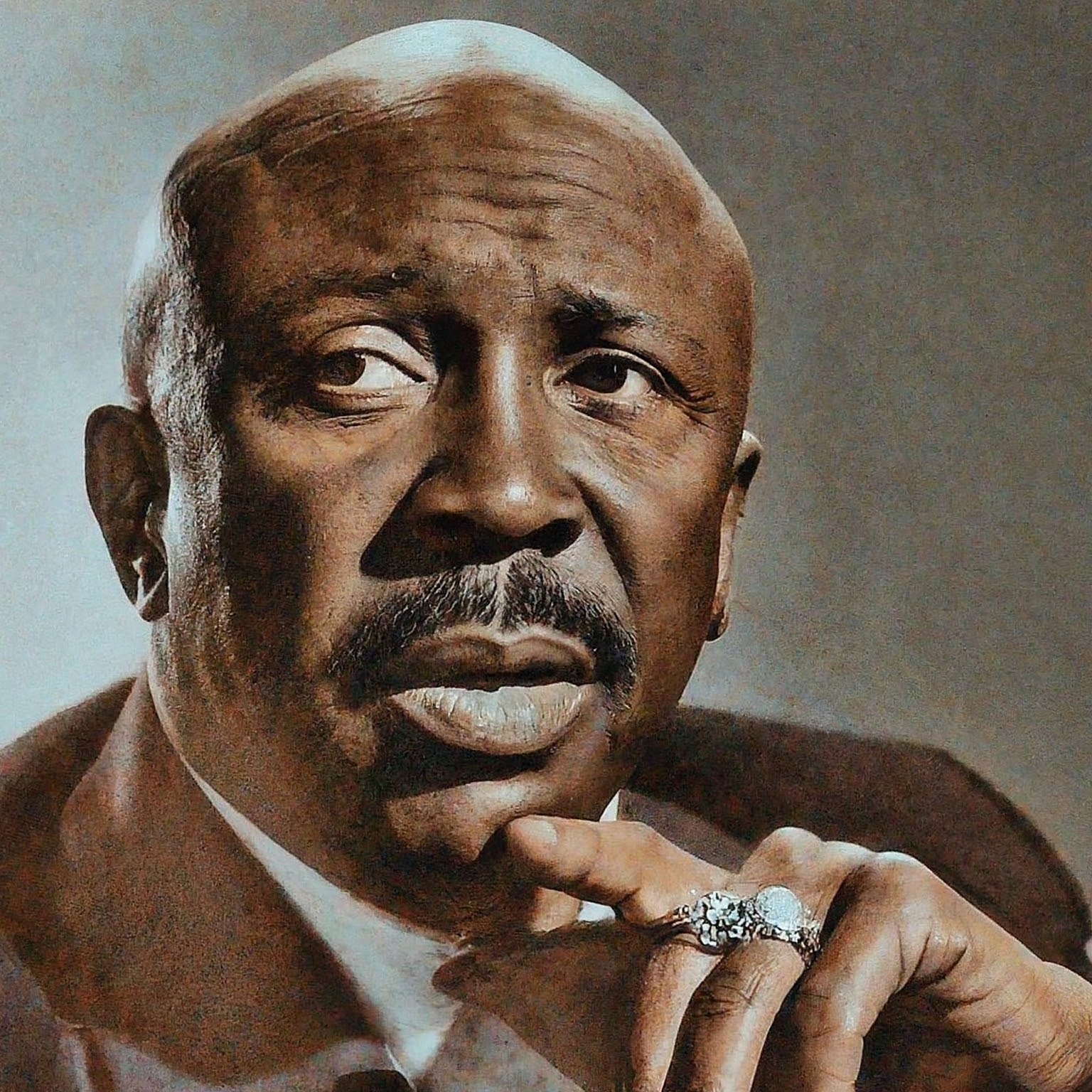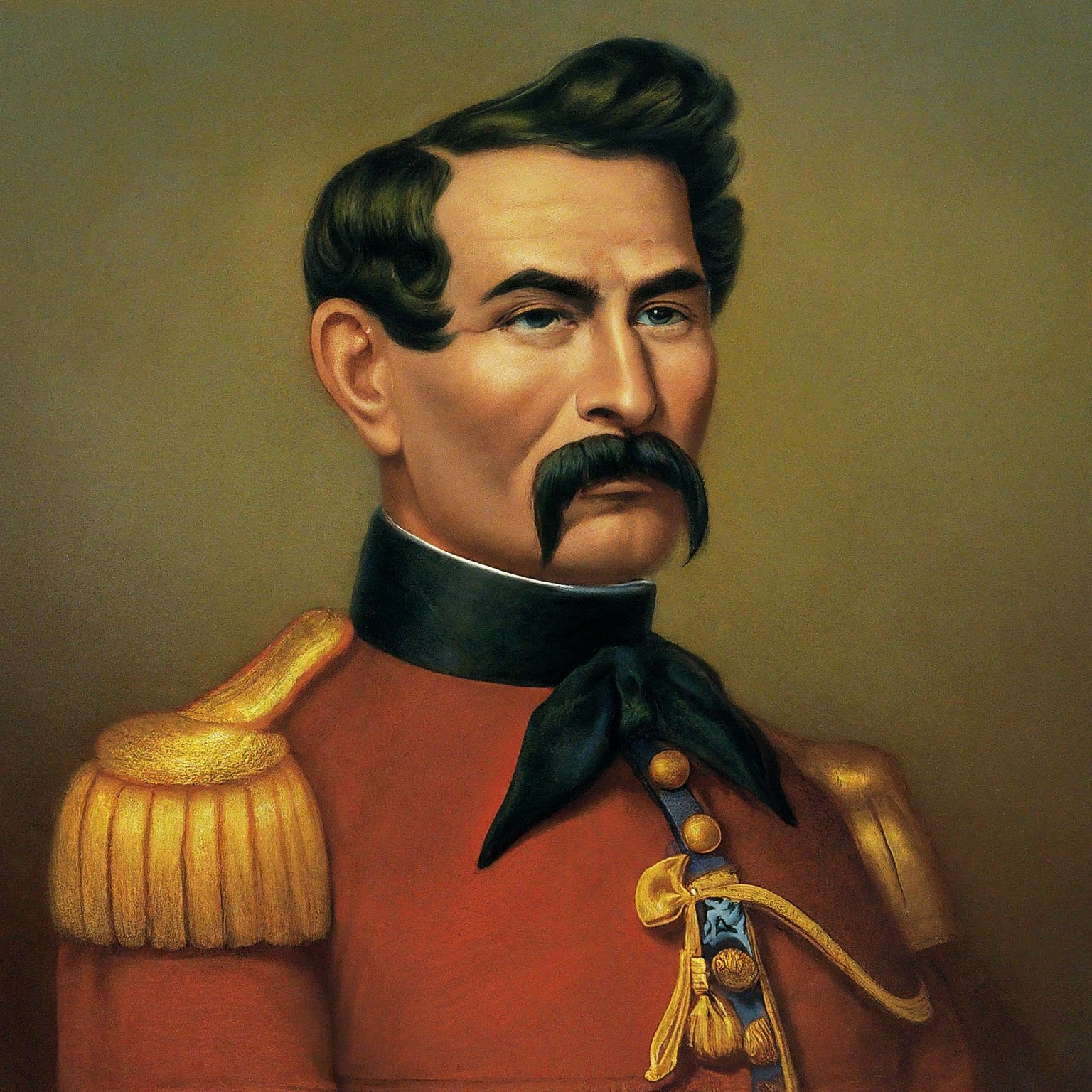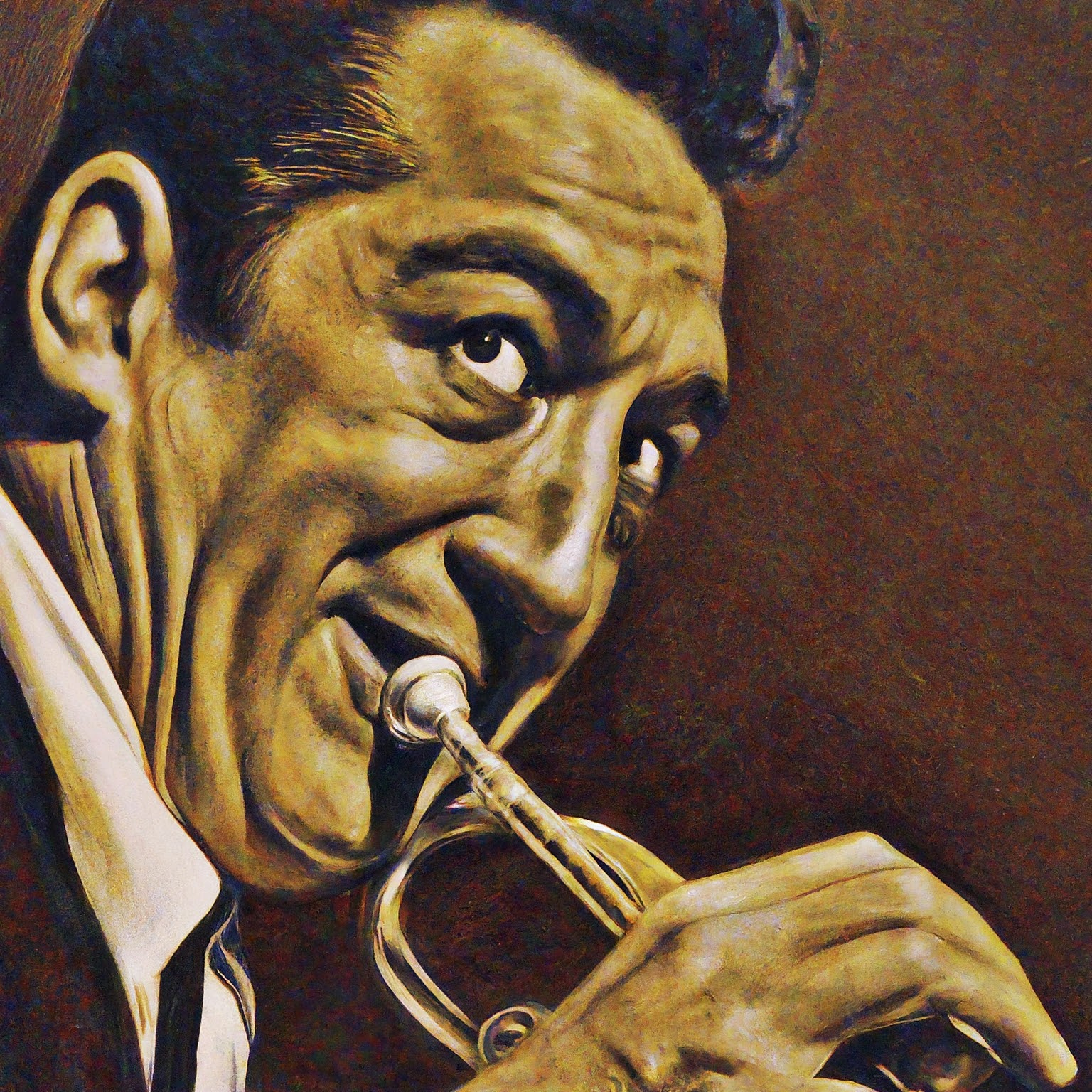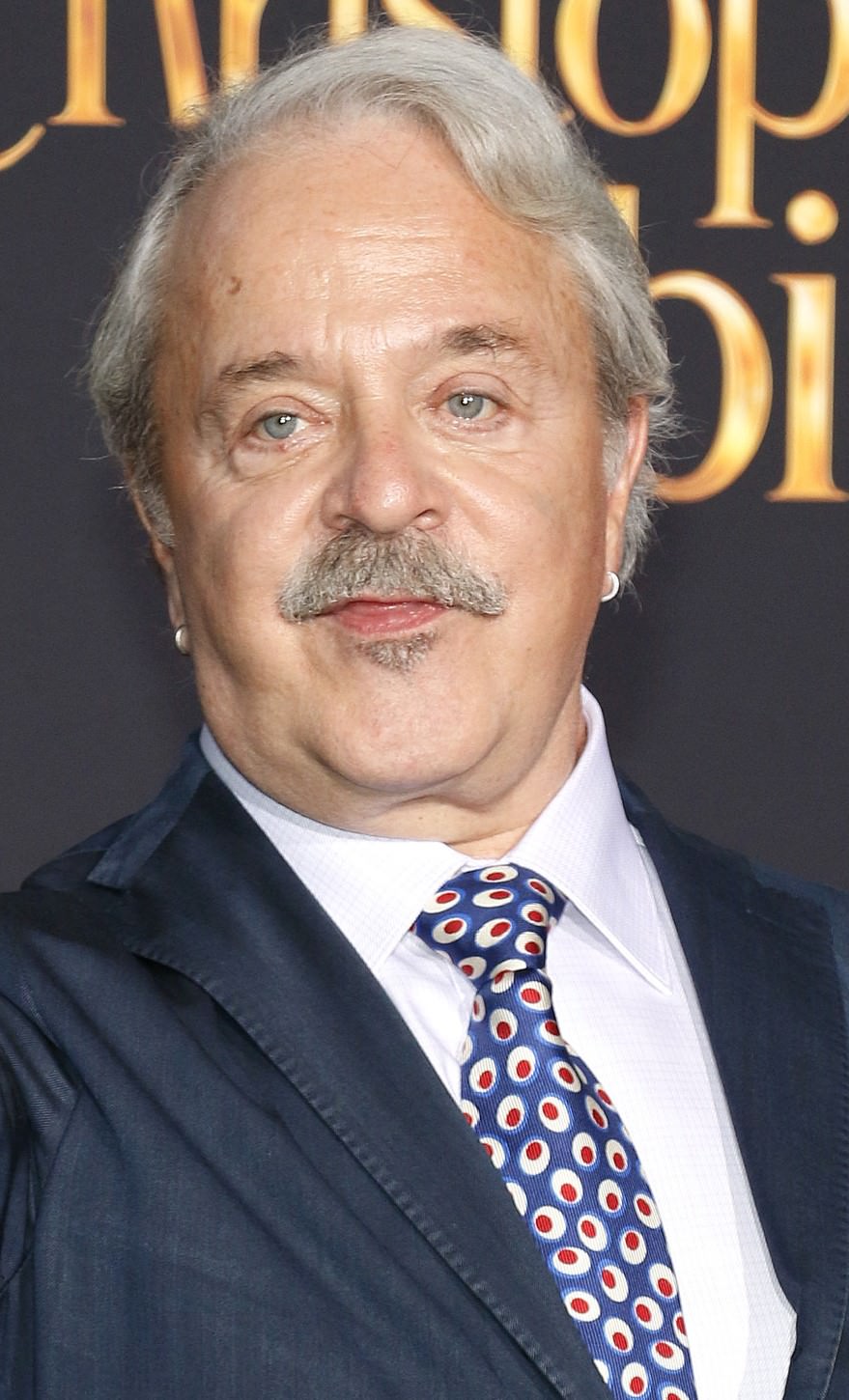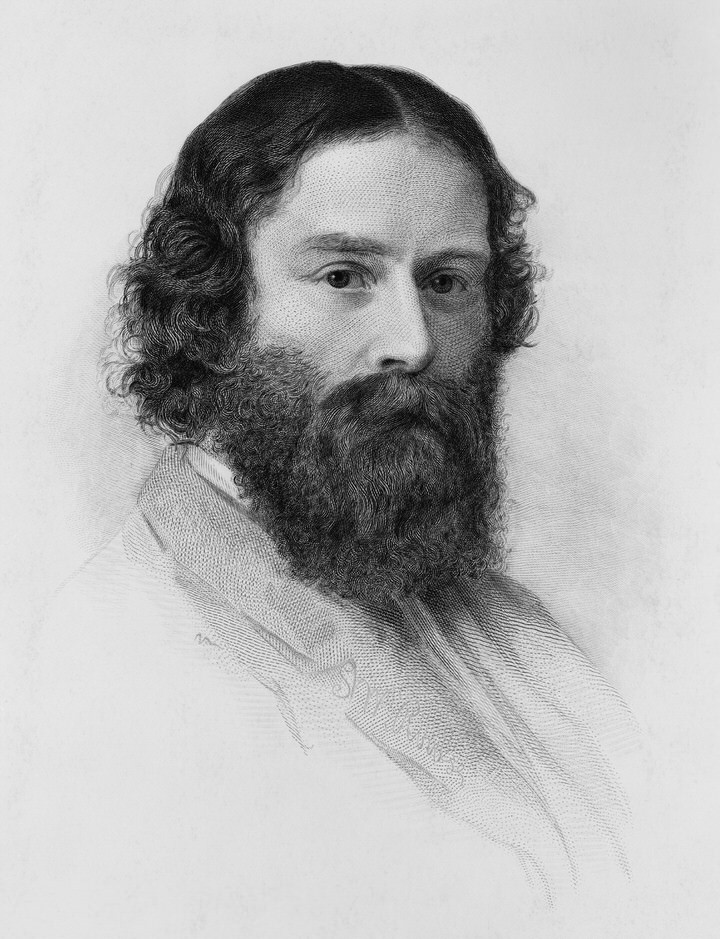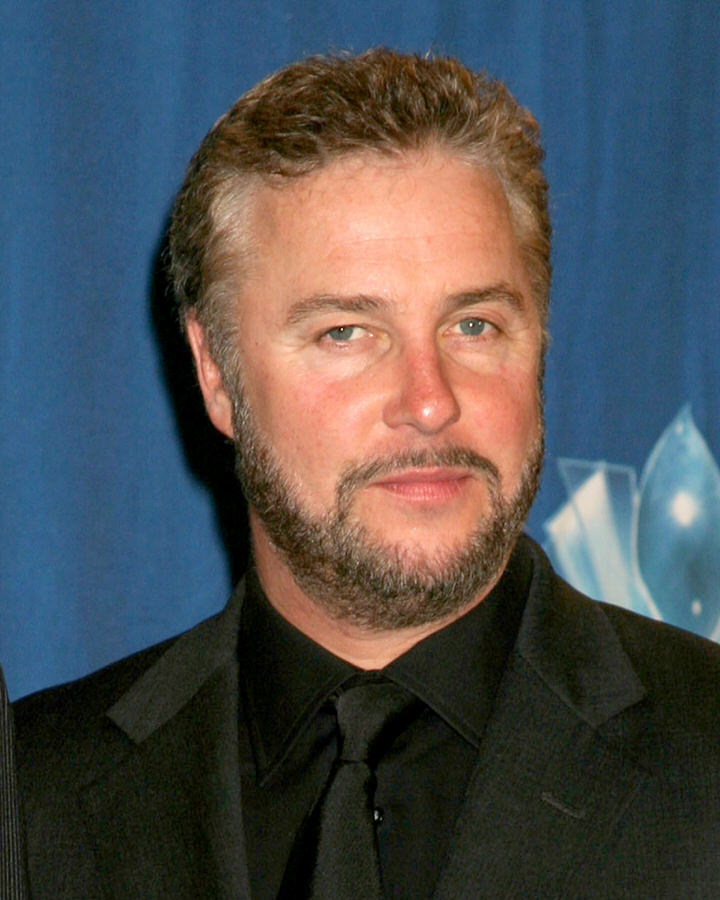Louis Pasteur
Louis Pasteur was a French chemist and microbiologist who demonstrated that microorganisms cause disease and developed vaccines against fowl cholera, anthrax, and rabies.
Biologist
December 27, 1822
Capricorn
September 28, 1895
72
Dole, Jura, France
Louis Pasteur, a renowned French microbiologist and chemist, made significant contributions to germ theory and vaccination. He invented the pasteurization process, which eliminates harmful microorganisms in food and beverages. Additionally, Pasteur developed vaccines for anthrax and rabies and conducted research to save France’s silk industry by identifying and preventing a disease affecting silkworms. His work greatly influenced modern medicine, making him one of the most important founders of medical microbiology.
Some of Pasteur’s notable achievements include:
1. Creating the first vaccines for fowl cholera, anthrax, and rabies.
2. Identifying that microbes caused alcohol to sour.
3. Advancing the understanding of microbial fermentation.
4. Validating the germ theory of disease.
5. Pioneering the pasteurization process, which remains widely used today.
Louis Pasteur’s contributions to science, technology, and medicine are extraordinary, earning him France’s highest decoration, the Legion of Honour. His discoveries and innovations continue to influence scientific research and have a lasting impact on everyday life.



